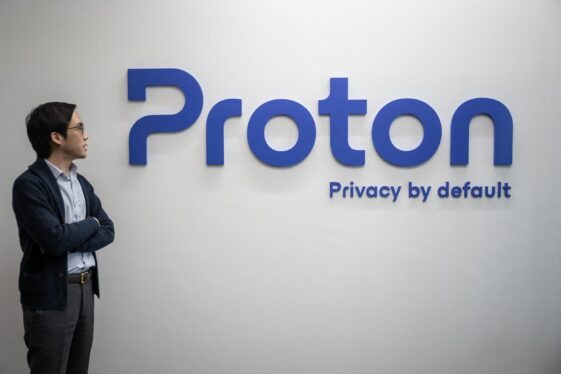Proton sells a suite of privacy products, from email to document storage, so when I used Proton VPN I was already familiar with the company. We tested nine of the best VPN services available for our overall guide, including ExpressVPN, NordVPN, Surfshark and Tunnelbear. Proton promises “privacy by default,” but that left me wondering if the company meant rigorous security testing — and if a focus on privacy would take away from ease of use. Because it balanced all of the above, Proton VPN landed at the top of our list.
VPNs can be used for general web browsing, but I tested each one by streaming, gaming and evading geoblocking on the servers. I measured streaming speeds by watching Canadian Netflix from my home in the US, playing an online game from a UK-based VPN server and watching a live news channel on YouTube from a Hong Kong-based VPN.
How much does Proton VPN cost?
Proton offers a free, but limited, version of its VPN. It can be used on one device with access to servers in the Netherlands, United States and Japan. For $5.99 per month, Proton VPN’s paid subscription includes access to more than 3,000 servers in over 65 countries, use on up to 10 devices and an included ad-blocker and malware protection. Or for $9.99 per month, Proton sells an “unlimited” package with access to all of its mail, calendar, drive, VPN and password manager products.
Privacy and security
When I tried out VPNs, I looked for options that kept my information secure without impacting my ability to easily browse the web. Proton VPN has a no-logs policy, meaning it doesn’t collect data that passes through its network. It’s passed external audits, is based on an open-source framework and it runs a vulnerability disclosure program. Proton VPN has a policy not to comply with law enforcement requests and has no forced logging requirements because it’s based in Switzerland, according to the company.
Speed and availability
There was little to no lag when I used Proton VPN for its streaming, geoblocking and gaming capabilities. I also did a ping test to measure internet latency. Without a VPN, it took 43 milliseconds, but connected to Proton VPN, it took 49 milliseconds, which is not a big difference at all.
For paid users, Proton VPN is available on more than 1,800 servers in 64 countries. It’s available across iPhone, Android, Mac, Windows, Linux, streaming services and more. Because it supports up to 10 devices at once, it’s also easy to use across an entire household of tech.
Proton VPN pros and cons
Even our top choice isn’t perfect. The free version can be a bit finicky, and struggles to stay connected at times. According to Consumer Reports, it doesn’t meet password complexity requirements and didn’t offer clear protections against unauthorized access. Like many of its competitors, Proton VPN also tends to use misleading marketing language. Proton VPN makes lofty claims — like bypassing censorship, keeping you safe from hackers and surfing the web without surveillance — that can’t always be factually backed up.
The VPNs I tested were consistently good. They made it easy to browse the web securely. Proton VPN took the top spot because of its overall security and ease of use.
This article originally appeared on Engadget at https://www.engadget.com/proton-vpn-review-2023-why-its-our-top-choice-vpn-153046020.html?src=rss
https://www.engadget.com/proton-vpn-review-2023-why-its-our-top-choice-vpn-153046020.html?src=rss





